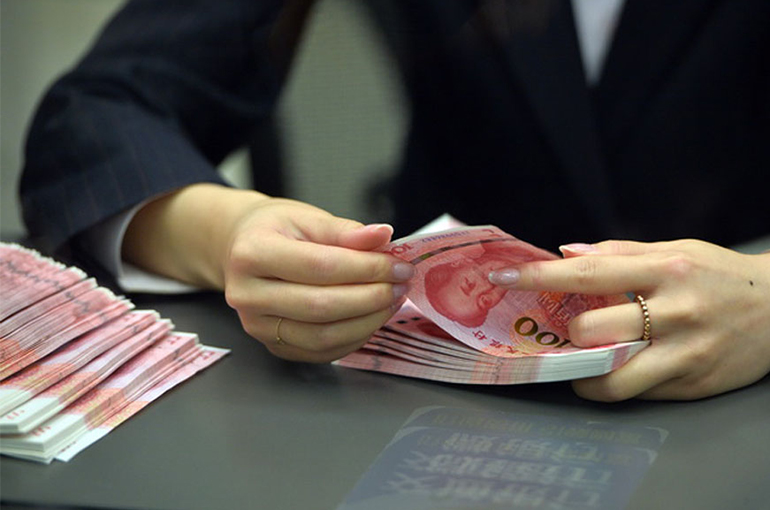 Yen's Surge Versus US Dollar Doesn't Also Guarantee a Stronger Yuan, Specialists Say
Yen's Surge Versus US Dollar Doesn't Also Guarantee a Stronger Yuan, Specialists Say(Yicai) Aug. 1 -- The Chinese yuan will not necessarily strengthen rapidly along with the Japanese yen, industry insiders told Yicai after the Japanese central bank hiked interest rates to the highest level since 2008 yesterday, causing the yen to gain sharply against the US dollar.
The yen reached close to the psychologically important level of 150 against the dollar after the Bank of Japan lifted interest rates by 15 basis points to 0.25 percent, up from the previous zero-to-0.1 percent range. It also raised its 2025 inflation forecast and said it is open to more rate hikes.
This drove the yuan, which is another low-interest financing currency in Asia, to appreciate almost 300 bps. However, the trend is unlikely to continue, industry insiders told Yicai.
The yen and the yuan have had a strong correlation this year because both are low-interest rate currencies, but their value against the greenback can go different ways should monetary policies diverge, said Liu Yang, general manager of the financial market business department at Zheshang Development Group.
The yen and the yuan have been closely tied so far this year. The yen drove the yuan to appreciate sharply on July 25, with the offshore yuan strengthening from 7.2719 to 7.2035 against the dollar, marking a rise of over 600 points.
With the economy in Japan still weak, it will be difficult for the yen to keep strengthening, said Zhou Yutian, multi-asset investment director of UK investment company Abrdn. If the US does not fall into recession, or the Federal Reserve is not less aggressive than expected, it is unlikely that the yen will continue to appreciate.
Many traders abandoned their predictions of the dollar reaching a record high against the yuan this year after the Chinese central government said on July 30 that the yuan exchange rate must be kept stable at a balanced level, a foreign exchange trader told Yicai.
The political uncertainties in the US, after the assassination attempt against presidential candidate Donald Trump and President Joe Biden’s withdrawal from the election, has resulted in a more volatile market, a market participant told Yicai. This has meant that low-interest currencies, which are usually used to hedge against high-interest currencies, have become less stable and might be used less for leverage and positions may be closed.
Before, long trades usually involved high-interest currencies, such as the dollar, to earn better interest rates and profit from exchange rate differentials, while those going short targeted low interest currencies, such as the yen, Swiss franc and yuan. But the strategy has changed in recent days, the trader added.
The Fed left rates untouched yesterday at between 5.25 percent and 5.5 percent and said that the earliest it would cut rates would be in September.
China’s central bank slashed the reverse repo rate, benchmark loan prime rate and medium-term lending facility rate last month, signaling it is pursuing a more aggressive monetary policy, Swiss banking giant UBS said. Expectations of another Fed rate cut in September and a weakening US dollar have provided the People’s Bank of China with a window of time to trim interest rates and reduce depreciation pressure on the yuan.
Editor: Kim Taylor